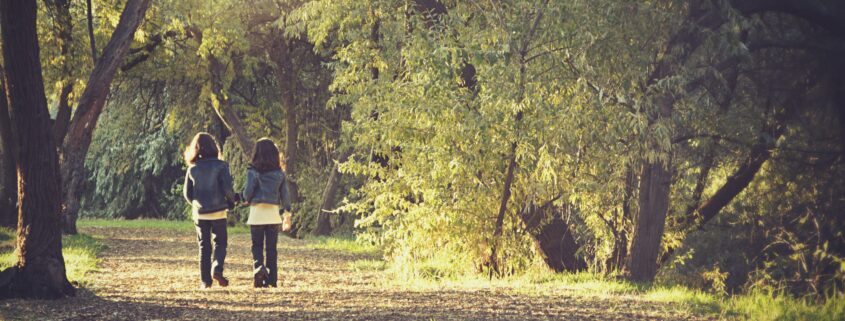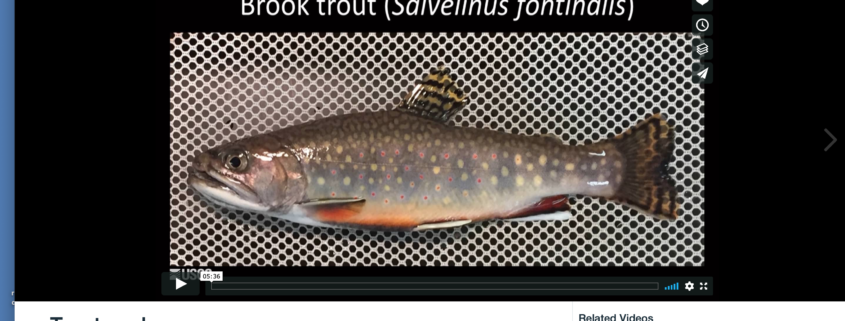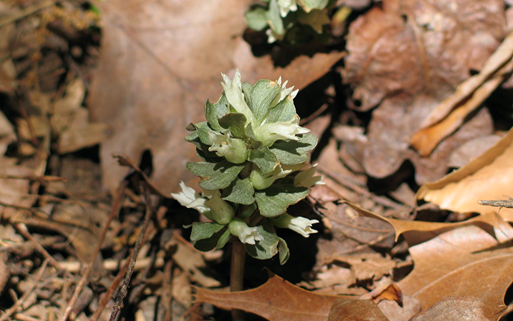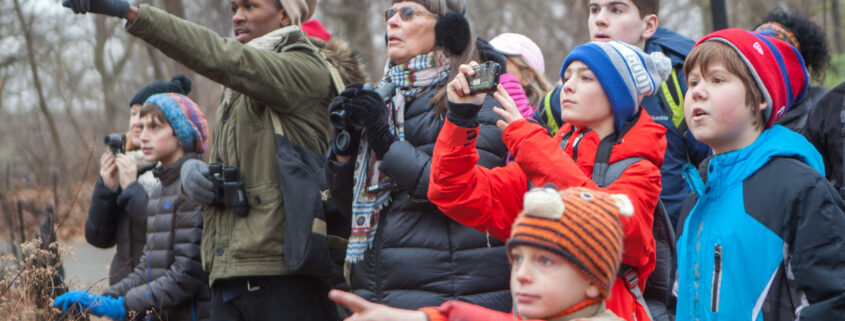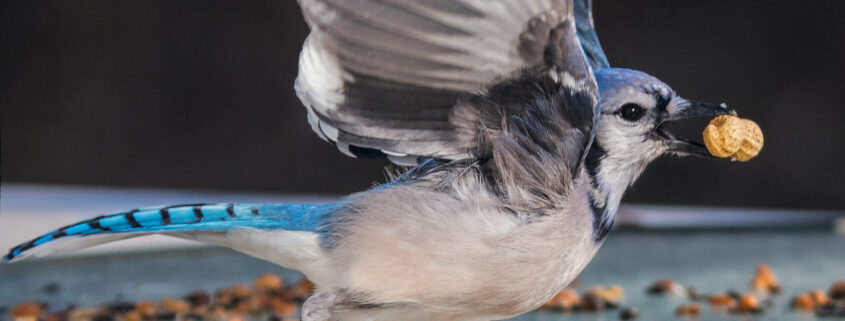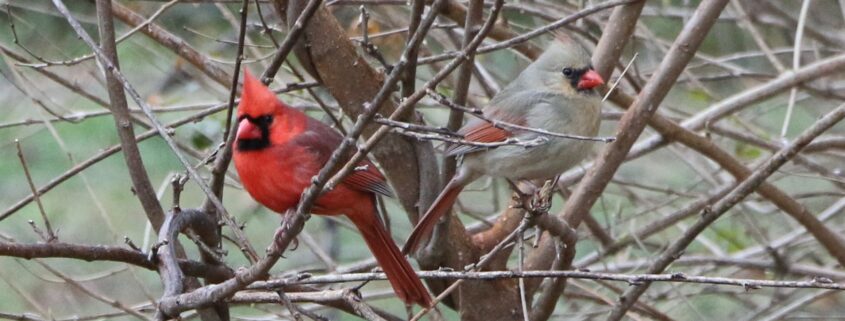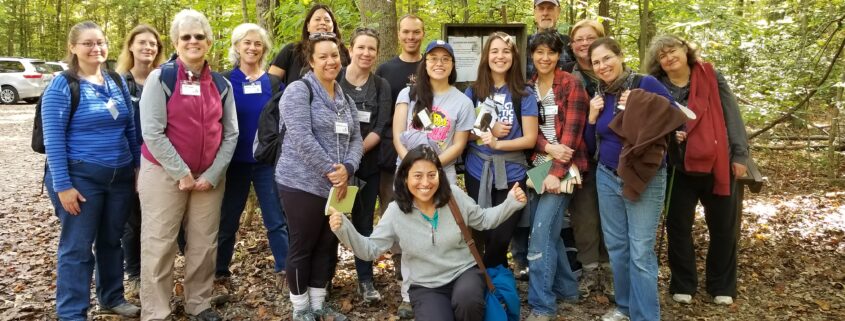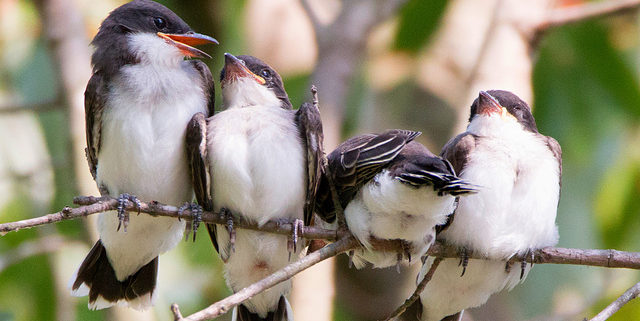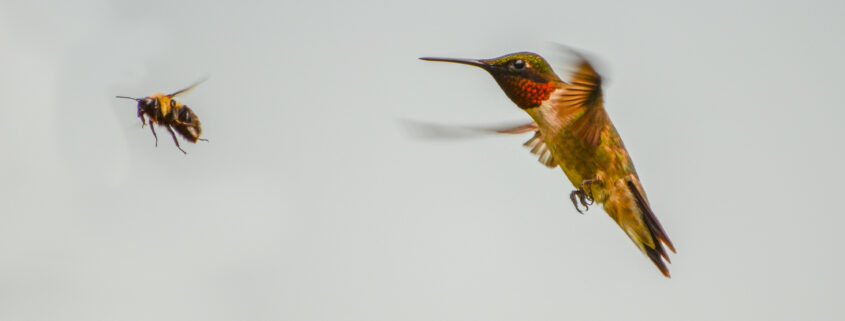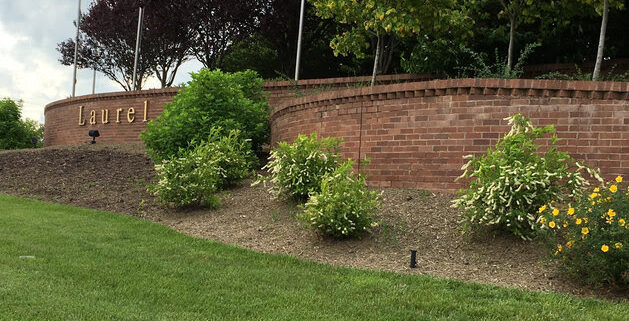Using Service Learning and Citizen Science as a Meaningful Context to Teach Plant Science, a talk Nov. 17th
Green Springs Gardens
4603 Green Spring Road, Alexandria, VA
Sunday, 17 November 2019
1 – 4pm
Join the Potowmack Chapter of the Virginia Native Plant Society at their annual meeting with speaker Dr. Peter Mecca.
Dr. Mecca will describe some of the science-learning opportunities available to students at George Mason High School in Falls Church, Virginia. For example, every fall and spring, Mason students assist National Park Service Staff at Shenandoah National Park to remove invasive plants along the Appalachian Trail. In addition, Mason students are leaders in urban agriculture through traditional gardening (raised beds) and alternative gardening (hydroponics, FarmBot) methods. The presenter will share information about a potential new learning opportunity for students – a citizen science experience in Puerto Rico.
Dr. Peter Mecca has a Ph.D. in Curriculum and Instruction and Ecology from Pennsylvania State University, an M.A. degree in Environmental Biology from Hood College, and a B.S. degree in Secondary Education – Biology from Penn State. He has served as a public school teacher, science education consultant, administrator, and a university faculty member. Prior to his current position, Dr. Mecca was the Instructional Systems Specialist for Science with the U.S. Department of Defense Schools. He is a member of the National Association of Biology Teachers, the Virginia Association of Science Teachers, the International Technology and Engineering Educators Association, and the Council of State Science Supervisors and was awarded the Conservation Education Teacher of the Year by the VA Association of Soil and Water Conservation Districts.


